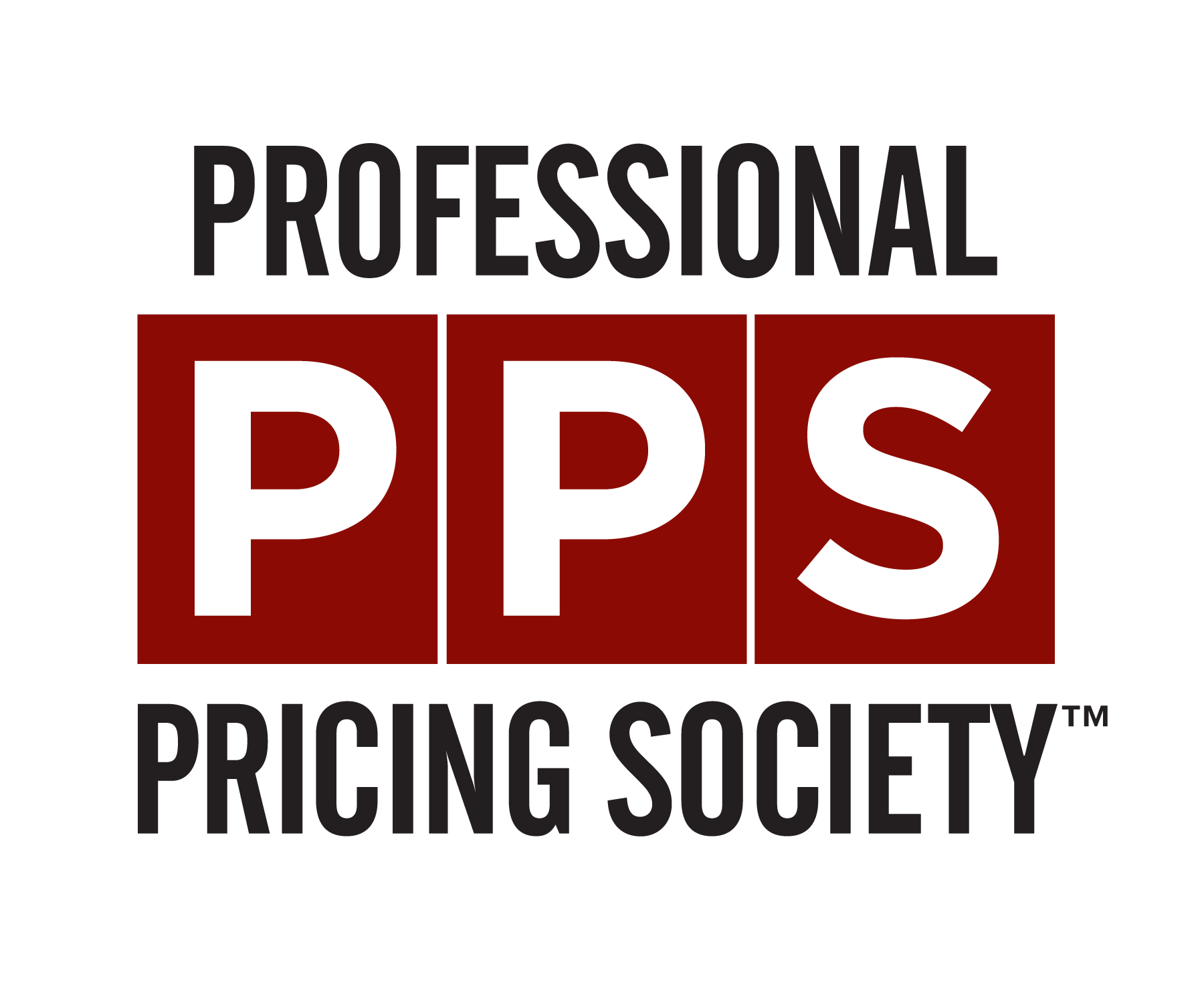Five Ways Pricing Teams Can Shape Sustainability Strategies
- terrence603
- Sep 8, 2023
- 3 min read

It is undeniable that sustainability is top mind in the C-suite. Companies are getting ready for the deluge of regulations and requirements. They have no choice but to pay attention and take the bulls by the horn. They do have a choice on how they embrace the trend and position their companies in the marketplace. Will they do it purely for compliance or will they embrace sustainability to create competitive advantage. This choice is highly strategic, and the consequences could be dire if not taken seriously. Consumers, investors, shareholders, and regulators are watching!
For companies that embrace sustainability as their next source of strategic differentiation, they need the help from all go-to-market teams. That includes the pricing team. Integrating sustainability initiatives in a portfolio of products, services, and customer-focused programs leads to the following question: who is going to monetize and price these offers? Pricing teams are the de facto go to in the organization.
1) Engage other teams in the sustainability discussions: this is particularly relevant to make sure they pay attention to the customer implications and the go-to-market dimensions. Sustainability cannot be 100% internally focused. There needs to be a connection to marketing, pricing, and sales. We can help make this connection.
2) Shape the strategy to be customer-centric and monetization-focused: most sustainability programs will focus on technology, reporting, and materials used in the organization. Strategies will focus on circularity, materiality, recyclability, and social impact. The key question here is “so what?”. How does this help customers? How can we contribute to the customer bottom line and sustainability strategies?
3) Demonstrate the value of monetization, and pricing tools: these tools include segmentation, business model innovation, pricing research, pricing strategies, sales enablement, and value-based selling. These are already part of the existing pricing toolbox. We can adapt them to the topic of sustainability and connect them to the go-to-market strategies.
4) Participate in and lead the calculation of ROSI: CFOs and CEOs are now extremely focused on return on investment and return on capital employed. ROSI (return on sustainability investments) is a new method used to justify sustainability programs with the C-suite. The same needs to be done with customers investing in sustainability capabilities. So, we also need to provide impact to our customers’ ROSI through the use of TCO and EVE® models.
5) Connect the relevant teams by creating a monetizing and pricing sustainability workstream: Part of the sustainability strategy needs to focus on monetization and pricing. We can make the case for this with the Chief Sustainability Officer, the CMO, and the CFO. We can either create a workstream or a taskforce.
For the past 10 years, most companies invested heavily in digital transformations.
For the most part, pricing teams were excluded from participating and leading the monetization efforts. The end result was a lack of impact and demonstrated ROI in terms of pricing power, value extraction, and profit. Today, the pricing function has a unique opportunity to get involved and lead the monetization strategy for sustainability. It is not going to happen on its own. Pricing teams need to be proactive and assertive! They cannot take no for an answer. Or at least they need to push for attention and have the opportunity to make the case for it.
Join me on October 11th, 2023, in Atlanta for a workshop dedicated workshop to the topic of monetizing and pricing sustainability. During this new workshop, we will discuss the sense of urgency for sustainability, the sustainability monetization maturity model, the pricing, and monetization tools that can be used to translate sustainability into a source of value, and how pricing teams can play a key role in this emerging area. Register here to join this unique workshop.
Bio: Stephan Liozu is Founder of Value Innoruption Advisors, a consulting boutique specializing in industrial pricing, XaaS pricing, and value-based pricing. He is also the co-Founder of Pricing for the Planet (HOME | PricingForThePlanet & Sustainable Pricing) which specialized in pricing for sustainability. Stephan has 30 years of experience in the industrial sector with companies like Owens Corning, Saint-Gobain, Freudenberg, and Thales. Stephan sits on the PPS advisory board.





